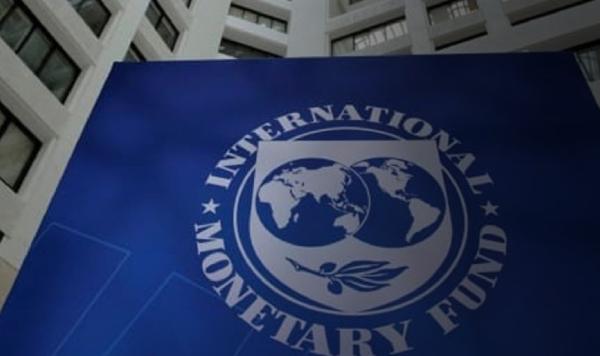In a column in “Le Monde”, six economists from North and Latin America, Europe, Africa and Asia call for the foundation, eighty years after the signing of the Bretton Woods agreements, of a new global economic and financial architecture.
Eighty years ago, from July 1 to 22, 1944, representatives of forty-four countries met in Bretton Woods, New Hampshire (United States), to coordinate reconstruction in the aftermath of the Second World War and to promote international economic cooperation. The institutions whose foundations they built – the International Monetary Fund (IMF) and the World Bank – are at the heart of the global monetary and financial order.
But in recent years, climate change and the COVID-19 pandemic have exposed how disconnected these institutions are from changing global economic realities and development priorities. If the international community is to maintain a chance of effectively and equitably addressing the challenges of the 21st century, the global economic and financial architecture must be reformed along eight lines.
First, the voice of developing economies must be heard more fully in multilateral institutions. Global economic power has shifted significantly since 1944, with emerging markets and developing economies playing a much larger role than they did in the past. Yet the quotas and voting systems of the Bretton Woods institutions remain heavily skewed in favour of developed economies. And there is still a tacit understanding that a European should lead the IMF and an American should lead the World Bank.
Not only does this state of affairs undermine the legitimacy of the Bretton Woods institutions, it also hampers their ability to respond to the urgent and complex challenges of our time. This is why it is essential to overhaul quotas and voting shares – a necessary change that developed economies, particularly the United States, have so far resisted – and to establish a process for selecting leaders based on a “double majority”: candidates should obtain both a majority of weighted votes (which reflect the shares of states in the institution) and the support of a majority of member countries.
Second, the global financial safety net – the network of institutions that provide much-needed financing in times of crisis – must be strengthened and made more responsive to the needs of developing economies facing evolving climate and macroeconomic risks. As it stands












Leave a Reply